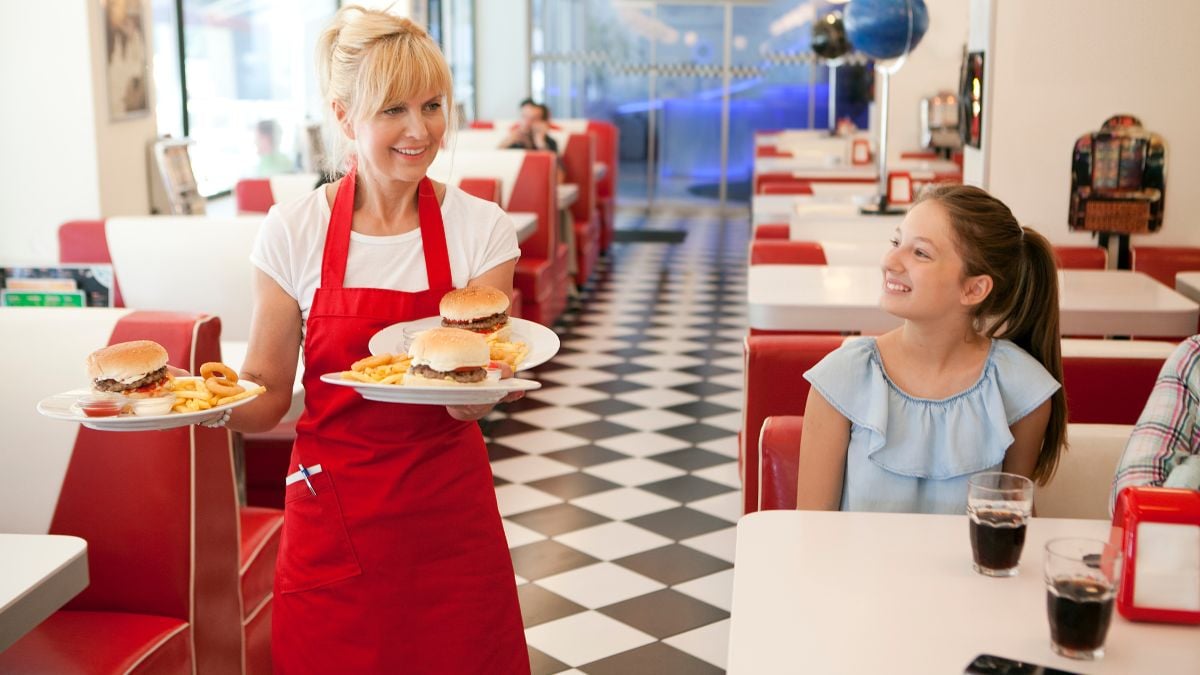
Fast-food workers see it all—rude customers, kind customers, and those who mean well but make things harder without realizing it. Many habits people think are “helpful” or “polite” actually slow down service, add stress, or break workplace rules. Workers appreciate kindness, but they’d rather you skip these moves that create chaos during a busy shift. Here’s a look at the most common “nice” gestures that backfire—and what to do instead.
Telling Workers How to Make the Food
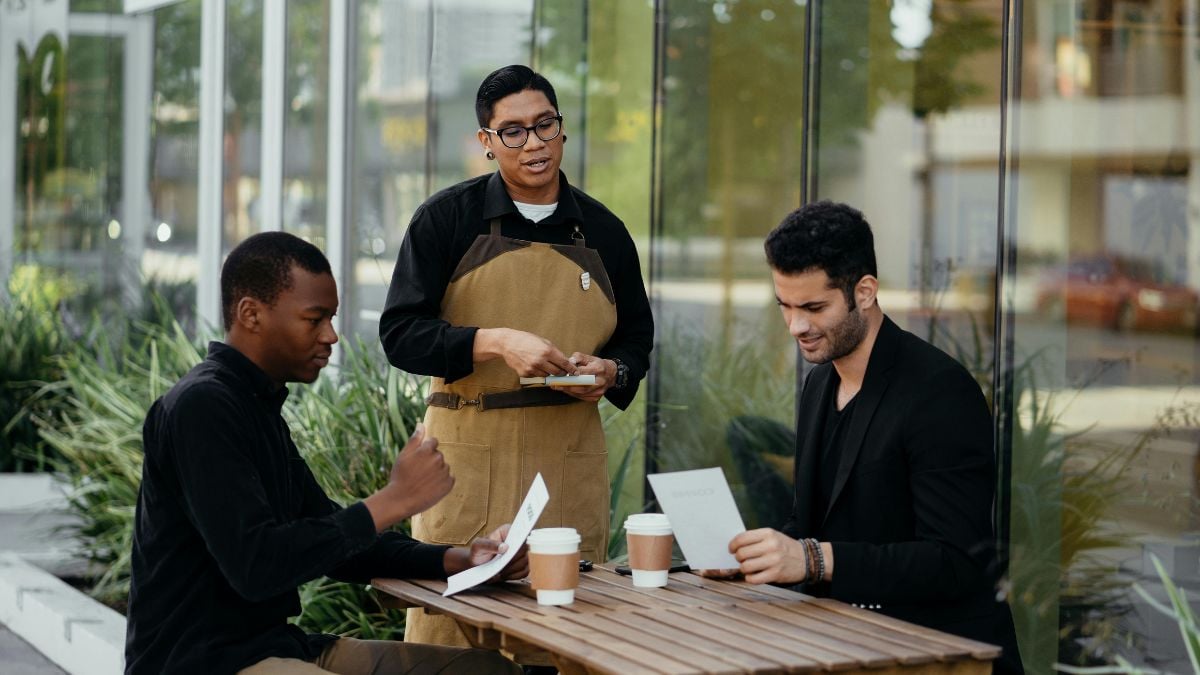
You may think you’re being helpful by explaining the “recipe,” but workers already know the process. In some cases, the instructions have changed or the item isn’t even on the menu anymore. Instead of jumping in, let them do their job. If your food isn’t right, politely ask for a fix rather than micromanaging.
Digging for Exact Change
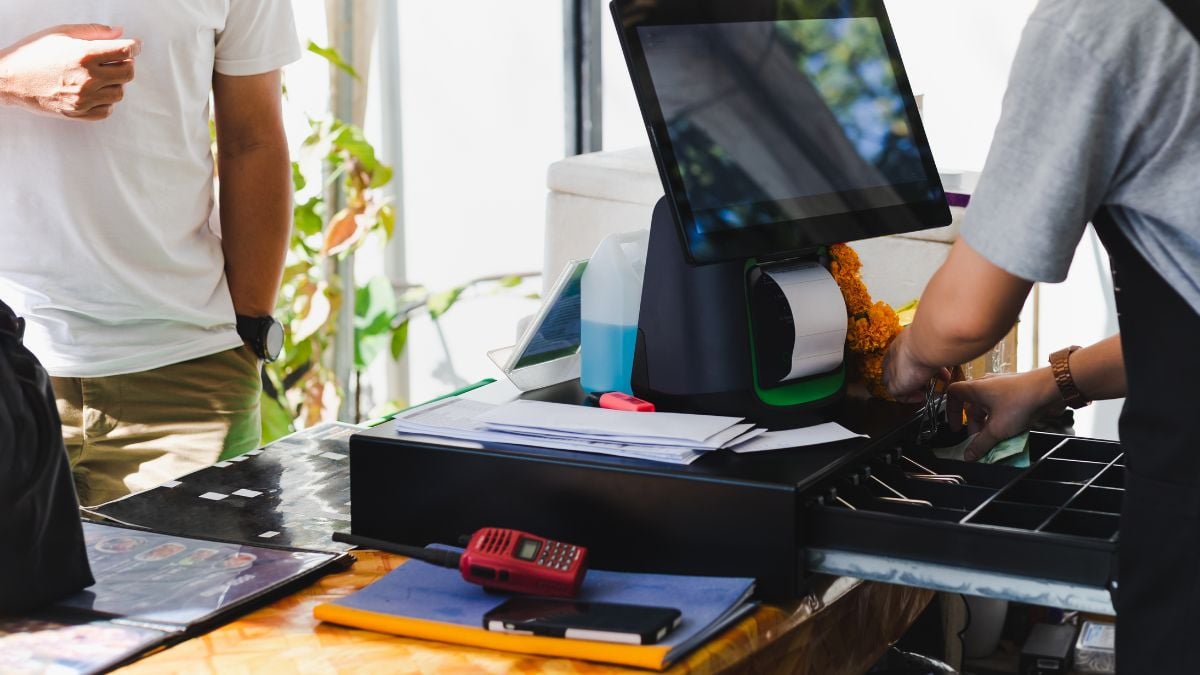
Paying with exact change sounds polite but often slows down the line. While you search through coins, customers behind you grow frustrated and workers take the heat. Registers calculate change instantly, so you’re not saving anyone time. Have your money ready before you get to the counter.
Paying for the Car Behind You
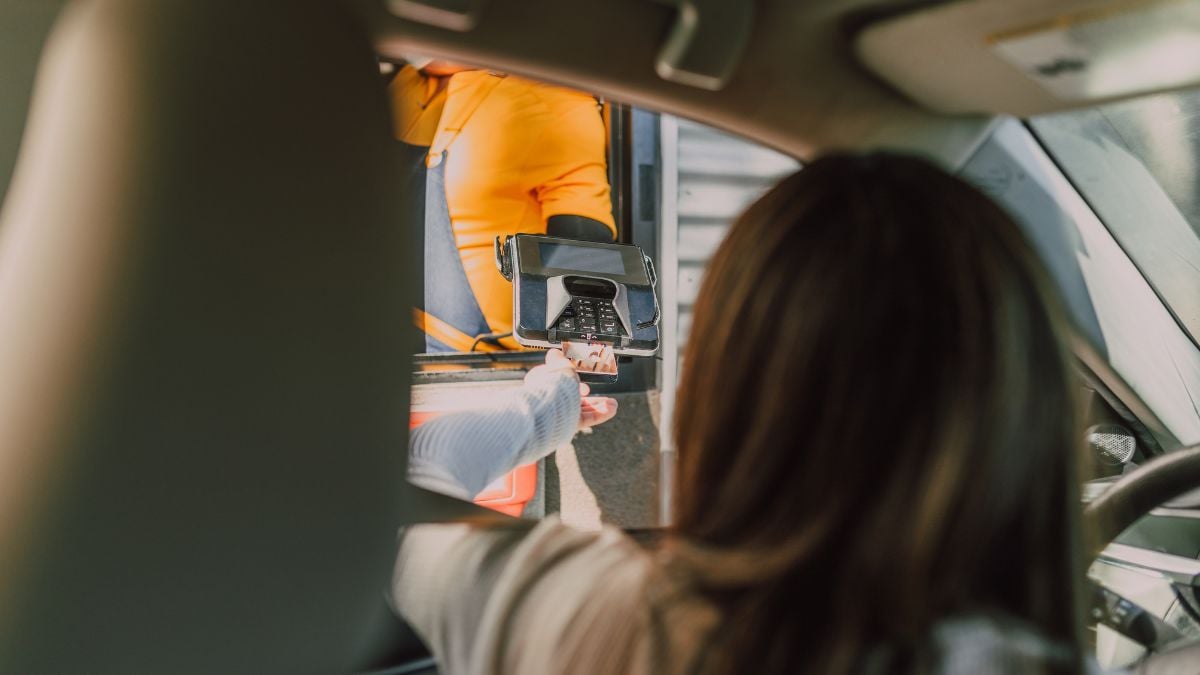
“Paying it forward” in the drive-thru seems kind but creates confusion. Chains of customers feel pressured to keep it going, and workers deal with messy transactions during rush hour. While generous, it’s stressful for staff when lines are long. Save this gesture for slower times of day.
Reaching Over the Counter

Grabbing limes, straws, or sauces without asking may look harmless but breaks policy. Workers often have to toss contaminated items once touched, creating waste and extra work. Everything behind the counter is there for a reason. Just ask politely and the staff will hand it to you.
Saying “Just Do” Something

Trying to give “permission” for substitutions or shortcuts doesn’t work. Workers can’t override the system or change prices just because you asked. It might feel efficient, but it puts staff in a bad spot. Trust them to follow procedures, even if it takes longer.
Tipping Where Tips Aren’t Allowed

Handing over cash feels generous, but many fast-food chains don’t allow tipping. Workers can get in trouble if they accept it. Instead of sneaking a tip, follow the rules of the restaurant. The best way to support them is to be patient and respectful.
Commenting on Working Conditions

Saying things like “I can’t believe they make you work this late” can sound pitiful. Many employees actually enjoy their jobs and don’t want sympathy. While you may mean well, it comes across as condescending. Stick to kindness and small talk instead.
Apologizing for “Bad” Eating Habits
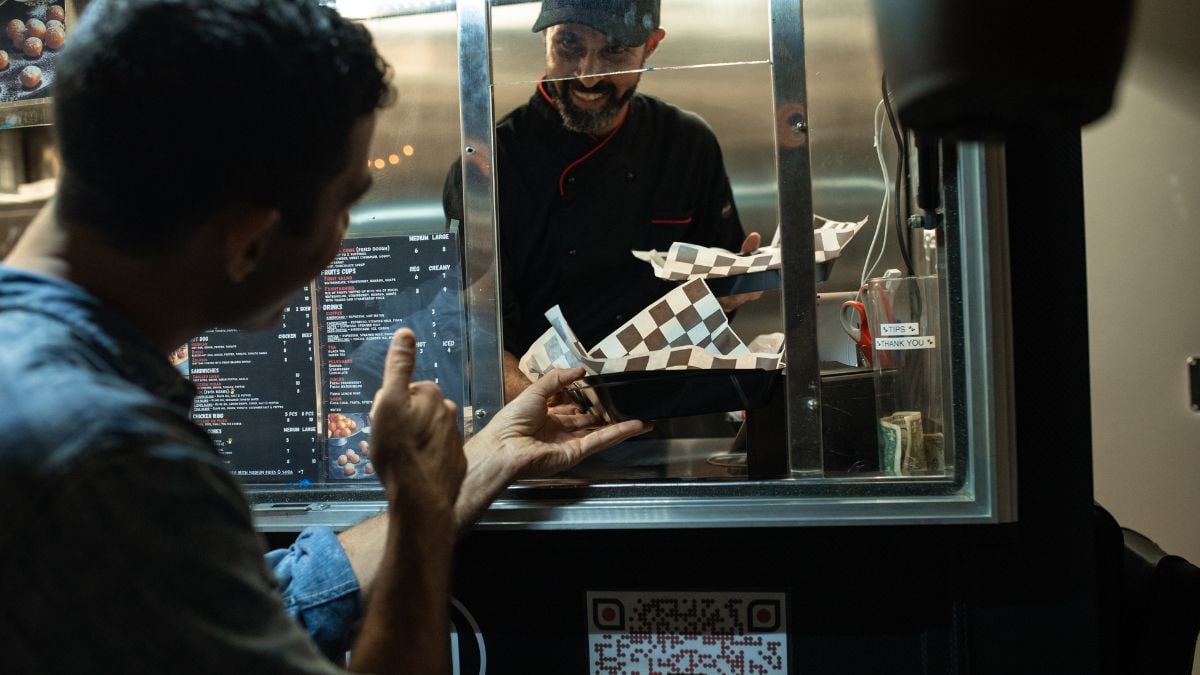
Workers aren’t judging what you eat. Apologizing for your order makes things awkward and unnecessary. They’re focused on accuracy, not your diet. Just order confidently without disclaimers.
Warning About Past Mistakes

Telling staff to “watch out” because someone else messed up before feels insulting. It suggests you don’t trust them to do their job. Mistakes happen, but that doesn’t mean they’ll repeat. Place your order clearly, then let them handle it.
Inspecting Every Item at the Window

Quickly checking your bag is smart—but unwrapping every sandwich or counting nuggets holds up the line. Workers have to keep things moving, especially during rush hour. If you want to double-check thoroughly, pull into a parking space. That way, the line keeps flowing.
Starting Orders With Jokes

“Give me one of everything” might sound funny, but staff have heard it a million times. What feels like a playful icebreaker just slows down service. Workers don’t mind jokes, but they’d prefer you get to the point when it’s busy. Save humor for slower moments.
Asking If They Like Their Job

Not every fast-food worker is miserable. Many enjoy the routine, pace, or camaraderie with coworkers. Asking this question assumes they hate it, which can feel dismissive. Stick to casual conversation topics like weather or sports instead.
Asking What They Recommend
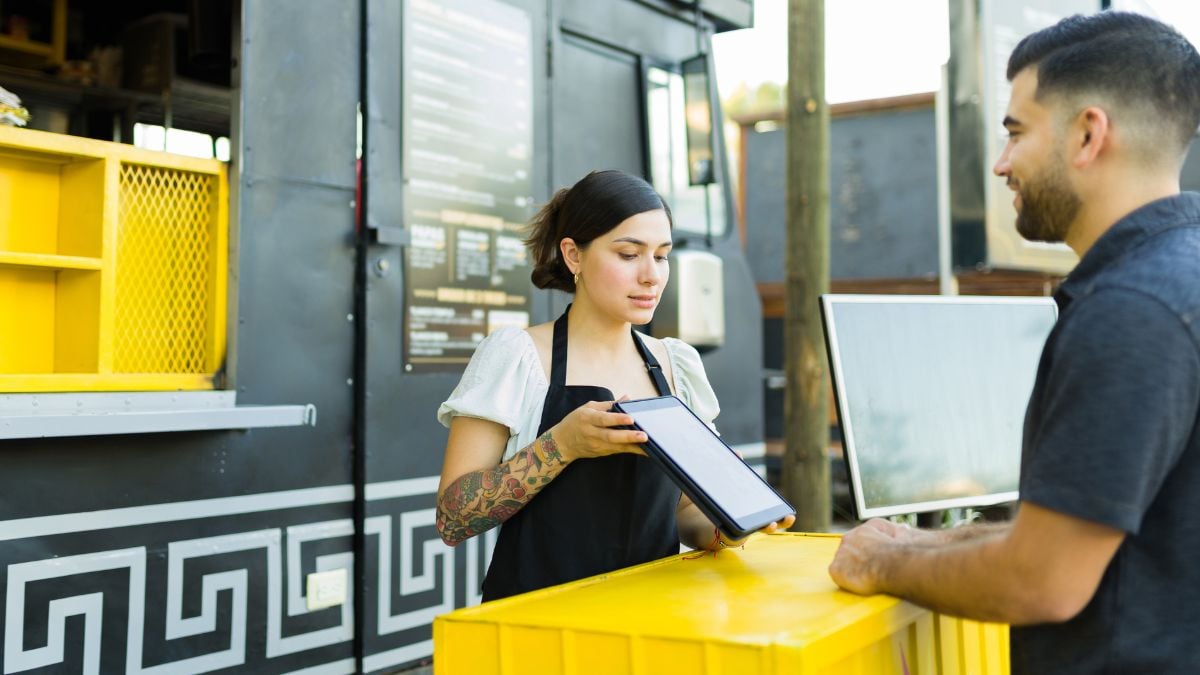
At a sit-down restaurant, recommendations make sense. But fast-food menus are simple and standardized. Workers often don’t know what to say when you ask “What’s good here?” Decide what you want before ordering to keep things smooth.
Ordering “The Usual”

Unless you’re truly a regular who’s known by name, staff probably won’t remember your order. People often assume recognition, but employees serve hundreds daily. Don’t risk confusion—say your order clearly every time. If they remember, consider it a bonus.
Recording Workers Without Permission
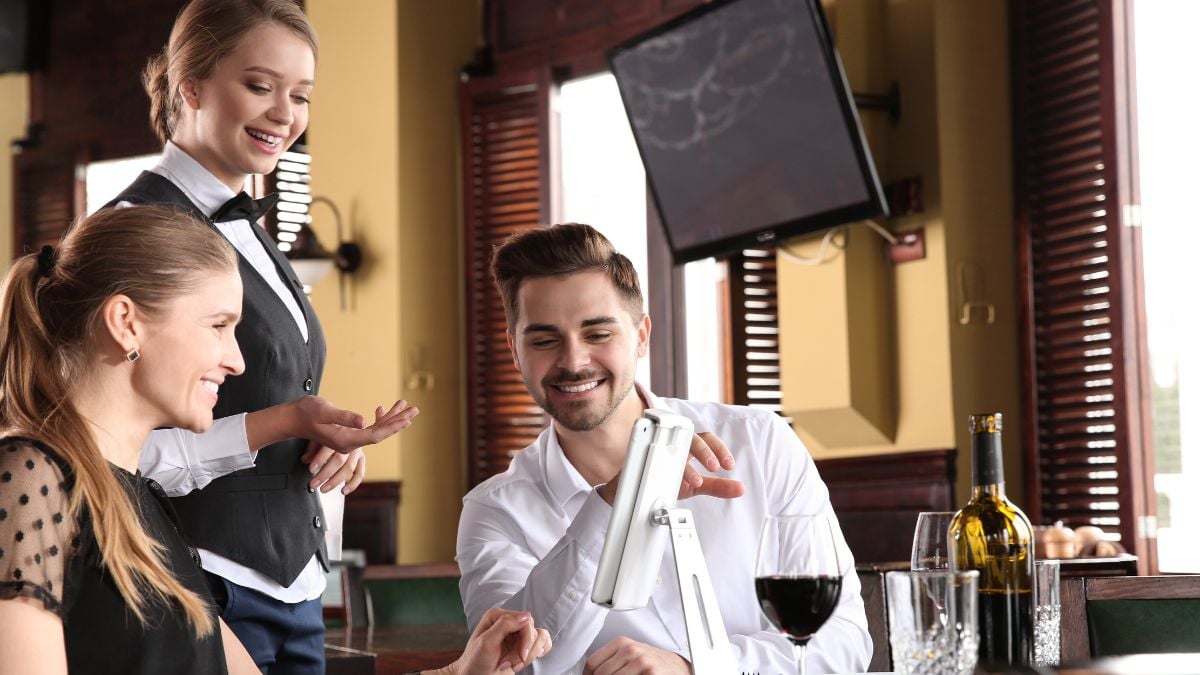
Filming staff for TikTok or YouTube might seem fun, but it’s invasive. Many employees feel uncomfortable or could even get in trouble. Recording reactions without consent is disruptive and disrespectful. Always ask before filming—or better yet, just skip it.

